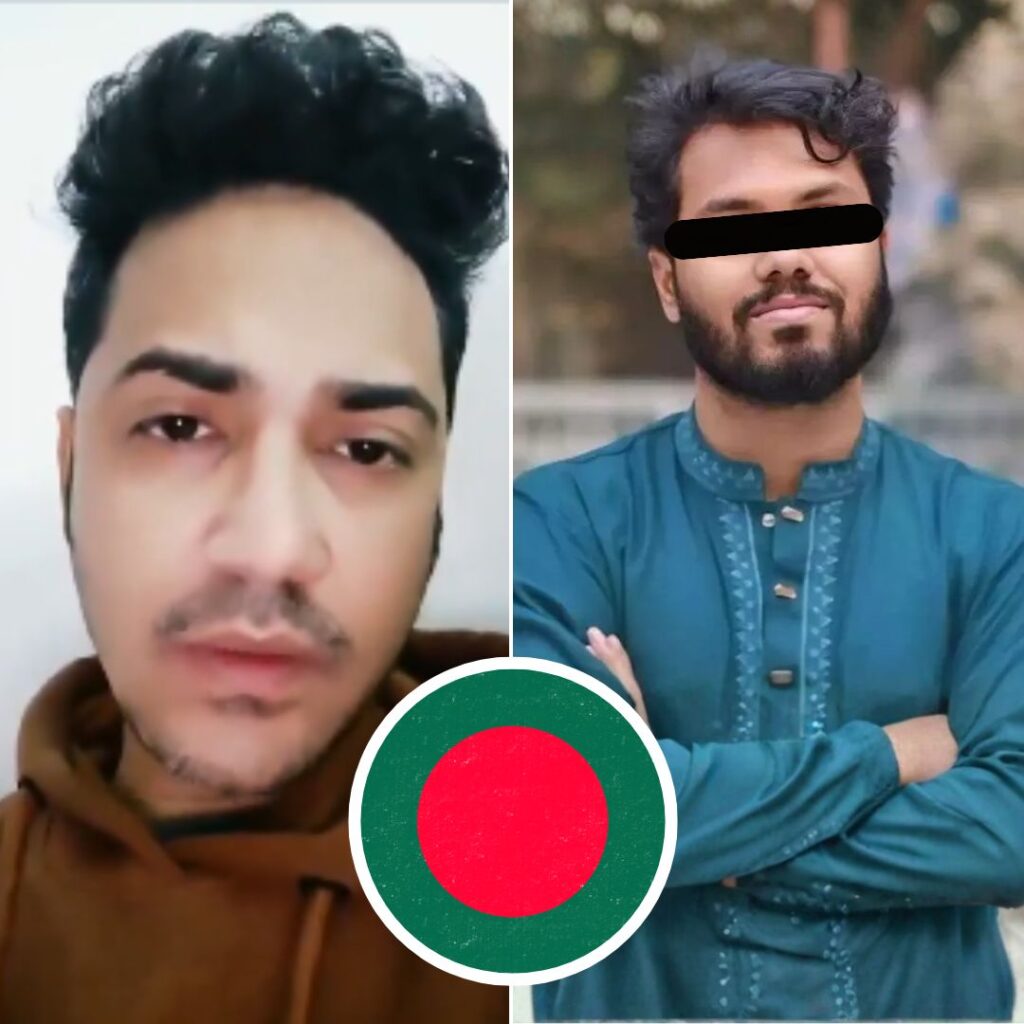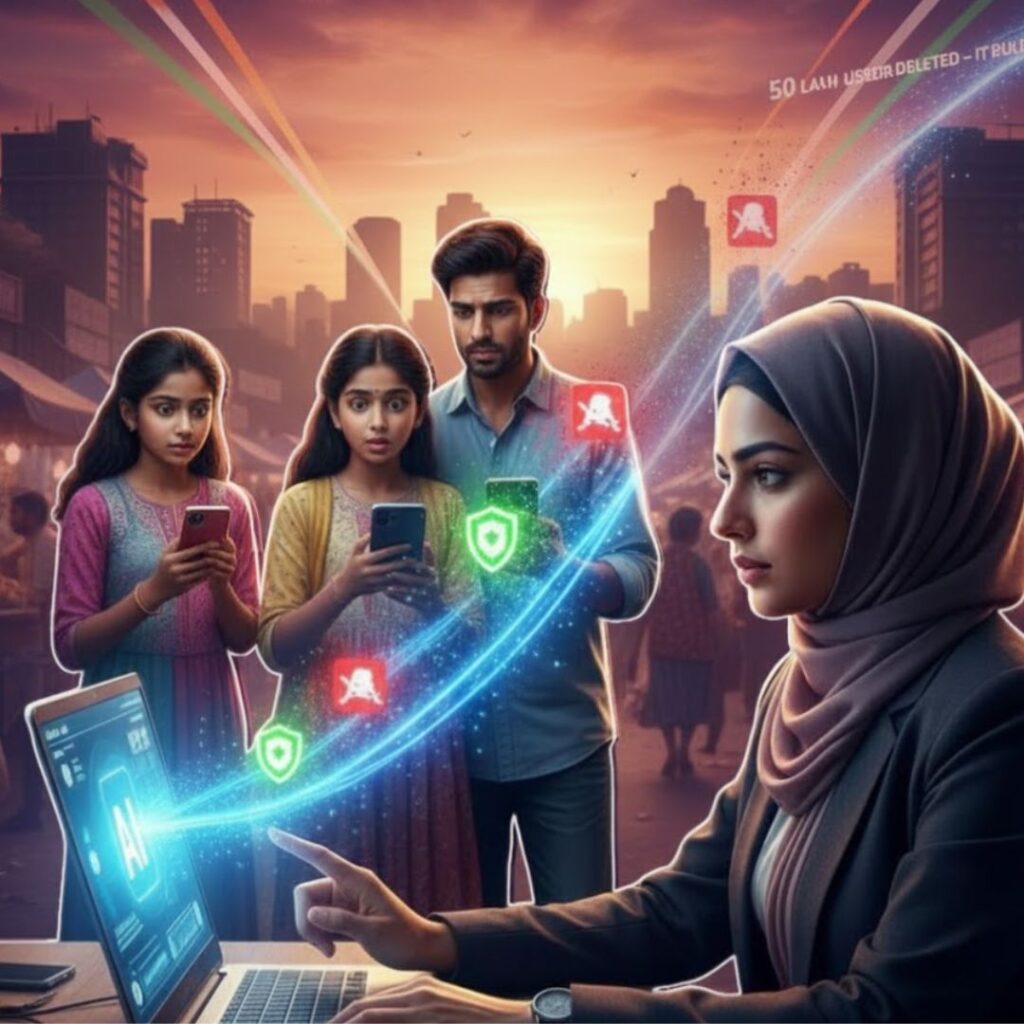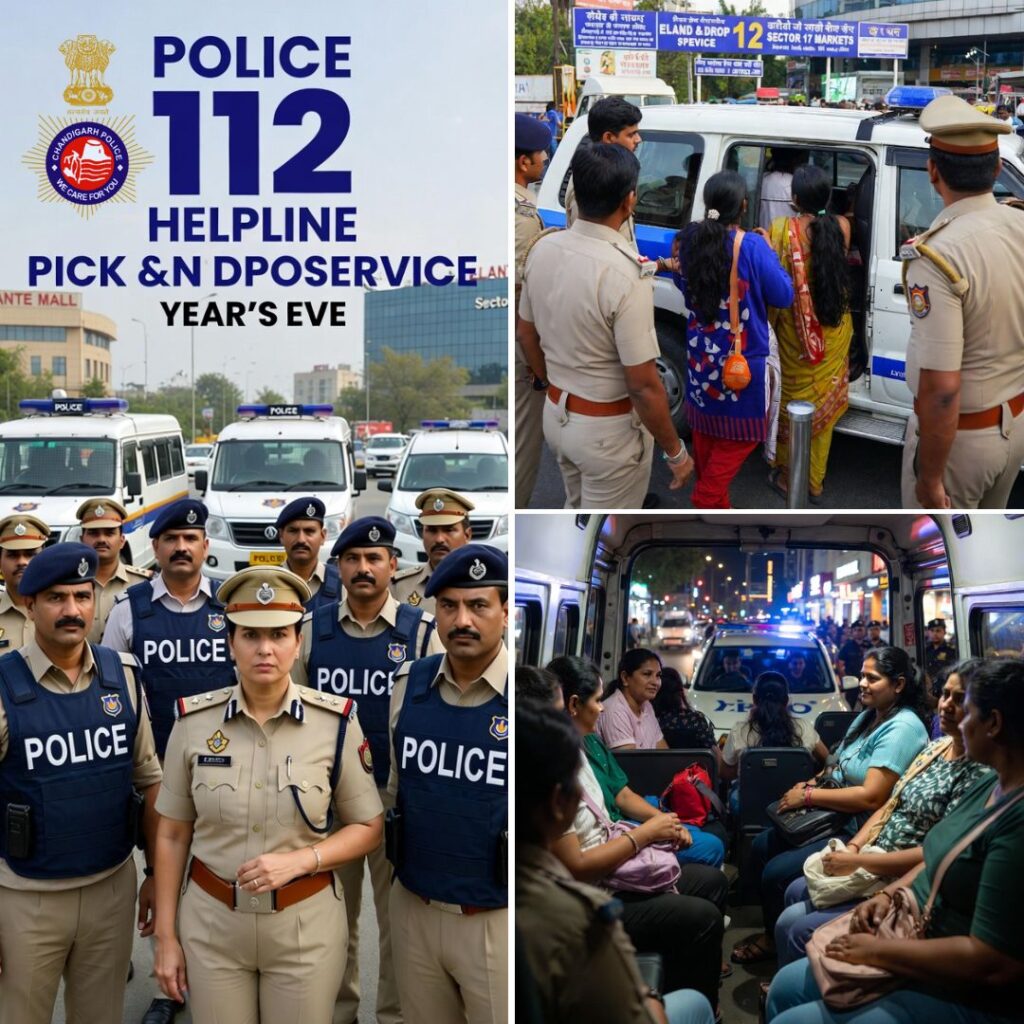Social media was raging with a Reddit post wherein, a young 18-year-old woman painfully narrated her incident of sexual violence that happened to her at Infeckted Tattoo Studio, Kochi. The detailed description was triggering in nature and it brought back harrowing memories.
That was when I told myself that what happened to me wasn’t an isolated incident and what I felt two years ago wasn’t a discomfort but a violation. I decided to put a ‘Me Too’ post on social media. The whole intention was to make people aware and the victims understand that they are not alone.
Cases of sexual violence and rapes have always been in the news. 2017 to now, what perhaps remains unchanged when a survivor says ‘Me Too’ is that misogyny is omnipresent and that the articulation of movement changes but at no time ceases.
What I have observed is that in a society, sexual predators always hold a certain amount of power which enables them to take advantage of an individual’s vulnerabilities. These vulnerabilities range from the social position of the victim based on their class, caste, sex, gender, ethnicity and nationality to their mental and physical states of mind.
In response to this growing misogyny in Kerala and instances of sexual violence, few concerned women* came together to address the issue. They released a google form for victims & survivors to share their experiences to understand the patterns and areas where such abuses are rampant so that the outrage doesn’t become paroxysmal but is recognised as an attempt to bring systemic change. Until now, the sectors from which testimonies have emerged are art, fashion and film industry; medical institutions, public transport, education institutions, religious institutions, within respective families, etc.
Ubiquitous Nature Of Shaming The Victim
The toxic culture of victim-blaming still thrives in our society. More often, victims who face sexual abuse are asked to stay ‘resilient’ or silent through either force or creating a system where the agency to speak up will be seized. Therefore, beginning from our homes to the society where we live in, we have to create an environment where it is necessary to call out the sexual predator, even if they live with us, inside our own homes.
We must be able to imbibe the practise of being sensitive towards the survivors and stand with them. The specific incident of abuse at the tattoo studio was no different. As it is in our society, tattooing is surrounded by various taboos, especially for women, making it difficult for them to speak up. When they do so after picking up dabs of courage from the darkness, they are bombarded with uncomfortable questions such as “why did you go to a male tattoo artist” or “why did you even get a tattoo?”
Discussions in mainstream media are often restricted to the particularity of incidents that gain public attention while being evasive of the larger structural problem of patriarchy and how it proffers life in itself for women and marginalised genders in social spaces through violence. This is what accumulates and later becomes normalised as a system of sexual violence against women.
Providing A Safe Space
In such a toxic and vulnerable environment, what we need is a culture where women have a safe space to open up about their experiences of sexual abuse and discuss various solutions for it. When such instances of abuse do happen, we should not be the ones at whom fingers are pointed at leading to shame. Rather the focus of the conversation should be shifted to the perpetrators for accountability to be sought. While we do attempt to talk of a systemic problem and power, we do acknowledge that men also experience patriarchy and go through horrifying ordeals as well. Gender is a victim of this patriarchal society, because of which men are forced to practice reticence.
This is why every testimony filed in the document is important. We have been receiving testimonies from all parts of Kerala. We concretely believe that all information collated will help us come up with important data points that can be the fulcrum of our objective. It is a safe space for survivors to share their experiences and seek justice.
Differentials Of The Idea Of Justice
I believe justice comes in different forms. Judicial discourse is only one of the many ways in which a problem can be dealt with. Beyond the language of carcerality, raising awareness about such issues in the public and inside our living rooms are reformative ways for substantive change. It is of course painful to realise and live with a societal system that is not survivor or victim-friendly.
Thus, for more victims or survivors to come forward and seek justice, it is important to sensitise the country’s police force and other institutions/authorities to handle such situations with the utmost caution. Before this, it is essential to make our family members aware of such incidents as well. We would like to reiterate that retributive justice is not what we seek but a structural change in the minds of this society.
If you too have an inspiring story to tell the world, send us your story at mystory@thelogicalindian.com












